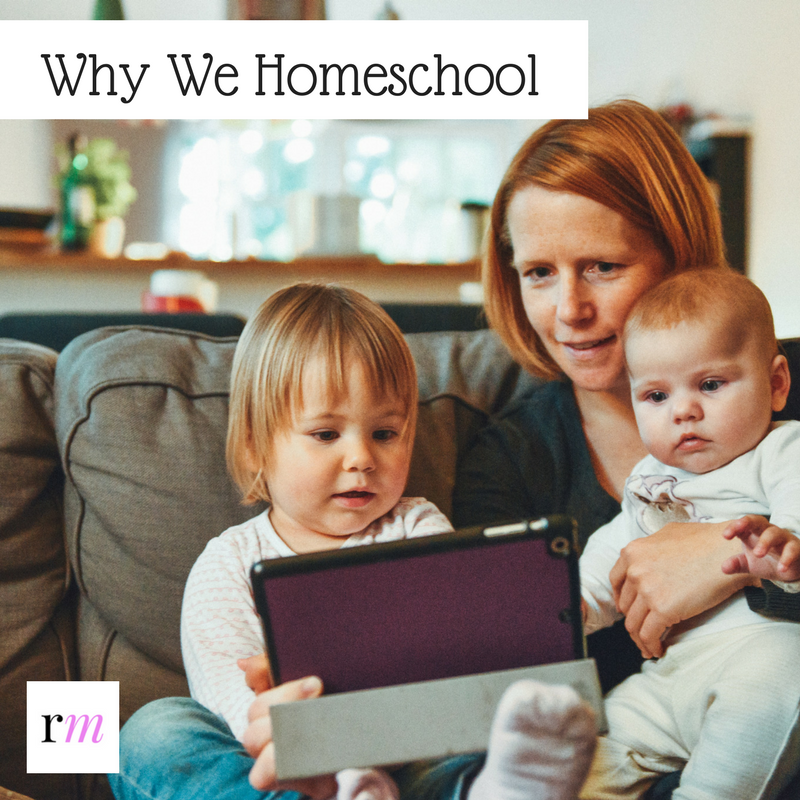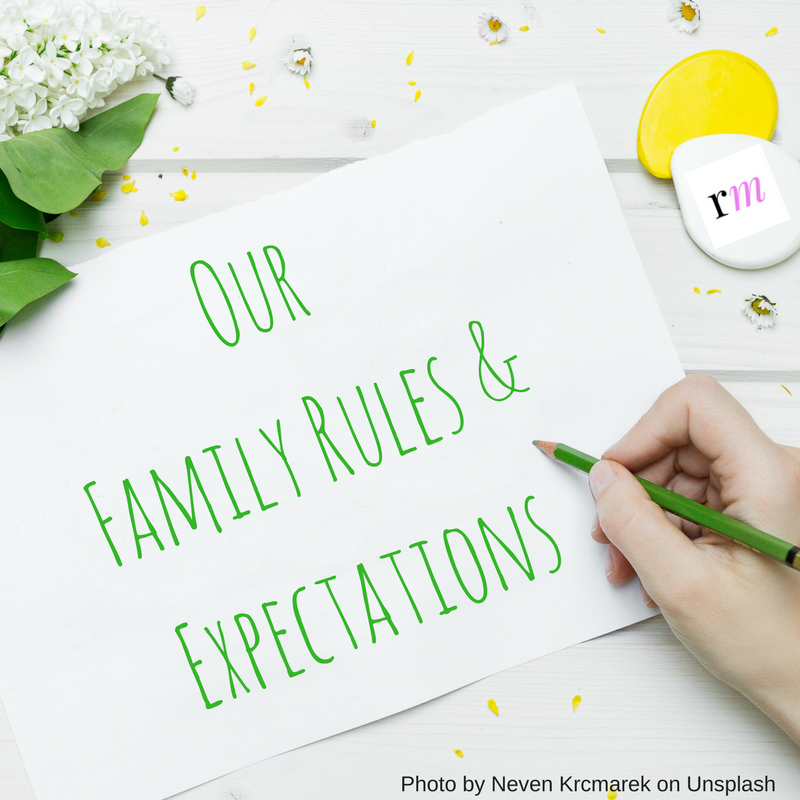Are you new to homeschooling or wondering whether homeschooling is even possible for your family? Read this post. Learn what I did wrong so you can set your family up for success.
When I started homeschooling, I make a lot of mistakes. So, so many mistakes. As in, it eventually got so bad that I gave up and couldn’t get the kids back in school fast enough. Now, I’ve had a few years to reflect, to learn, and to try something better with my younger kids. I DO NOT have everything figured out. There is no area of motherhood that causes me more self-doubt and worry than homeschooling. But, there are a few things I know…and here they are:
My biggest homeschool mistakes and how you can avoid them:
- Mistake #1: Having unrealistic expectations. These are still your children. You know, the ones you have to drag out of bed on school days and who would rather do anything than read that awesome chapter book you just bought. They are not going to wake up on the first day of homeschooling eager to sit at the kitchen table (or your newly furnished homeschool room) for hours, filling out worksheets and memorizing times tables. Well, maybe they’ll be that way on day one, but they will certainly have wised up by day two. Worksheets and times tables and 99% of what we think of as “educational” are – let’s face it – boring. Kids are not going to love school just because you’ve brought it into your home and made yourself the teacher. Which brings me to my next mistake…
- Mistake #2: Trying to recreate school at home. I’m going to lose some of you on this one, but hear me out: school is not the best way for kids to learn. You probably agree with that, at least in part, or you wouldn’t be considering homeschooling. But many of us think that the fundamental structure of school is good – we go out and buy math books, and language arts books, and science books, and social studies books, and don’t forget art, music, foreign language, bible/religion…and then we sit our kids down and try to “teach” it all to them for hours and hours every day. Trust me on this one: unless you are a very authoritarian parent with unusually compliant children, this is not going to go well. You will end up hating school and hating the screaming, whining, bribing, manipulating nag you have become. Your kids won’t like her much either.
- Mistake #3: Not understanding our end goal. When I started homeschooling, I thought I’d measure our success by how well my kids “kept up” with their peers at school. My goal was to keep them “on track” so they would know everything they were supposed to know by the time they graduated. That may sound like a great goal…but why? Because we want our kids to know exactly what the school system has decided they need to know? Because we’re afraid that if they don’t, they’ll never get into college or get a job? Because if they don’t learn what everyone else learns, they’ll be weird, and we’ll look like bad parents? I’ve been there. I’ve agonized over this for the better part of a decade, and I’ve read a LOT of books about our modern, Western ideas on education. My conclusion? School as we know it gets almost everything wrong, and emulating it should NOT be a homeschooler’s goal. What I want for my kids may be a little different than what you want for yours, but neither of us wants to limit them to “keeping up” with the school system. Read some John Holt and Peter Gray, and then set your homeschool goals.
- Mistake #4: Buying a lot of curriculum (that’s fancy homeschool talk for “school books”). Now, I love to buy curriculum. I could spend hours online, reading reviews, looking at books, yearning for all the boxed sets, science kits, manipulatives, and educational toys. I have inflicted a book or toy from nearly every homeschool publisher under the sun on my children. So, believe me when I say this: the more you love it, the more they will despise it. Or, worse yet, simply ignore it. Curriculum is not interesting to kids. Using curriculum ingrains in your children the mentality that learning is something you have to endure until the end of the lesson, the book, the worksheet, the test…and then (thankfully) it’s over. I have found myself prying real coins out of my son’s hand so that he will stop “messing around” and cut out the paper coins that are part of his math lesson. What??? Don’t do that. Let your kids learn real things the way they want to learn them. Real coins are better than paper coins.
- Mistake #5: Asking what other people are doing. Remember, your goals are not about keeping up with anyone else. No matter who you ask, you will walk away from that conversation feeling bad about what you’re doing and envious of what they’re doing, or overly confident in your own methods and judgemental about theirs (I do, anyway). And, as someone who is raising 8 kids, I can assure you that each child is different. What your friend is having wonderful success with could very well be a big flop at your house (been there, done that…repeatedly). Don’t put yourself in a situation where you’ll end up comparing your homeschool or your kids to someone else’s. It’s not fair to you, to your kids, or to the other family.
- Mistake #6: Trying to separate homeschooling from the rest of our day/life. Things I regret: trying to create a “homeschool room”; feeling guilty about not using the homeschool room; setting specific hours in which to “do school”; using fun activities as a reward for “doing school”; differentiating between “educational” and “non-educational” books, videos, and toys; and the basic mentality that learning is part of school and is separate from the rest of our lives. Kids are wired to learn. They are born curious. They are constantly learning. Why, at age 4 or 5, do we have to separate that learning into specific subjects, or certain times of the day, or designated rooms? Why don’t we trust them, or ourselves, to keep that learning going throughout their childhood, without all the trappings of school?
When you reflect on your experience of “school”, what comes to mind? For many of us, not only is there not much that’s positive, there’s not much of anything at all. School is endured, and largely forgotten. Is that what you want for your kids, or your homeschool? I spent a year of my life in high school learning trigonometry, and I got an A in it, and I have no idea now what it is or how you do it (I doubt I ever did). I spent 4 years taking French and couldn’t read or write it now to save my life. Why did I spend so much time on those things? How did they benefit me? What if I had, instead, spent that time learning something that interested me? Would I remember that? Would this have affected my future? What if I hadn’t gotten into college without those classes, or what if I had chosen not to go? Did I do well in school because I learned the material successfully, or because I was good at figuring out what the teachers wanted me to do/write/say? Is getting an A or a perfect ACT score an accurate measurement of learning or educational success? Maybe the first step toward homeschooling is to spend some time reflecting on your experience of school and how it shaped (or didn’t shape) you. If you find that you’re unhappy with something from your own school experience, I would think long and hard about incorporating that into your homeschool.


